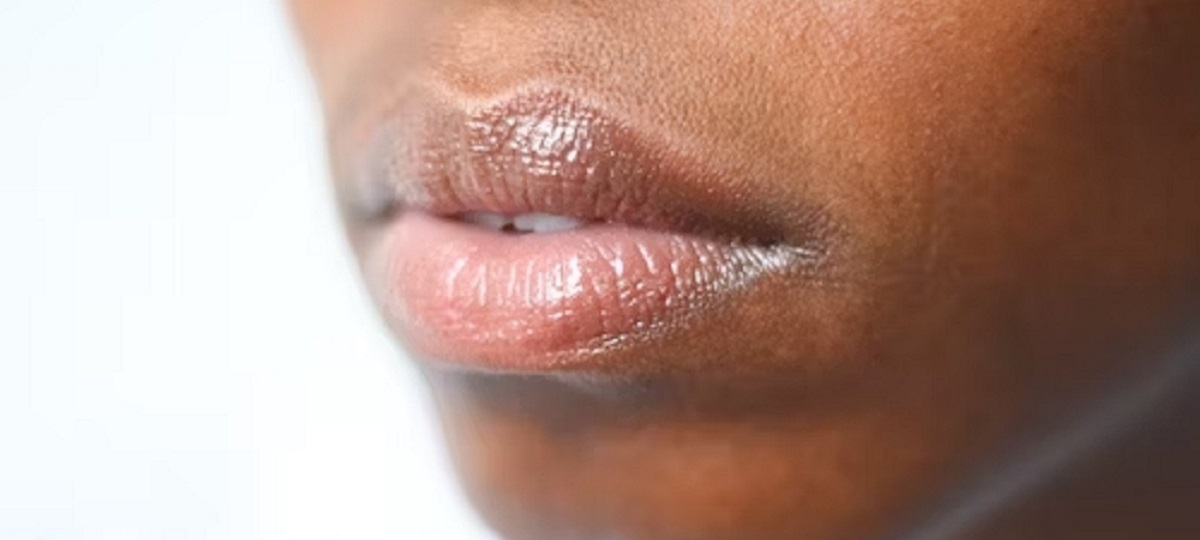Following the worldwide COVID-19 pandemic, numerous virus-related symptoms have come under more attention. While most of us are aware with the typical signs of illness, such as fever, coughing, and loss of taste or smell, there is one symptom that has gotten less attention but is just as bothersome: dry mouth. This essay delves into the relationship between dry mouth and COVID-19, giving you in-depth knowledge of this frequently disregarded feature of the virus.
What is Dry Mouth?
Medically speaking, dry mouth, or xerostomia, is a condition where there is a constant sense of dryness in the mouth. This happens when the mouth’s salivary glands are unable to generate enough saliva to maintain the mouth’s moisture level. Because it aids in digestion, guards teeth from decay, and prevents infections by regulating dangerous bacteria, saliva is essential to preserving oral health.
The Unusual Link to COVID-19
The relationship between COVID-19 and dry mouth has caused some consternation in the medical community, despite the fact that it is a common side effect of numerous drugs and other medical disorders. Although it is not as frequently reported as other symptoms, research has revealed that those who are infected with the virus may have dry mouth as one of the symptoms.
Understanding the Connection
The exact mechanisms behind the connection between COVID-19 and dry mouth are still being studied, but there are several plausible explanations:
- Dehydration: COVID-19 can lead to fever and increased body temperature. As a result, individuals with the virus may experience sweating and increased fluid loss. This can contribute to dehydration, which can manifest as dry mouth.
- Medications: Some medications prescribed to manage COVID-19 symptoms or complications may have dry mouth as a side effect. Additionally, individuals with COVID-19 may be taking multiple medications, increasing the likelihood of experiencing this symptom.
- Direct Viral Effect: Emerging research suggests that the SARS-CoV-2 virus (the virus responsible for COVID-19) may have a direct impact on the salivary glands. This impact could lead to reduced saliva production, resulting in dry mouth.
- Stress and Anxiety: The psychological impact of contracting COVID-19, including the fear, stress, and anxiety associated with the diagnosis, can also contribute to dry mouth. Stress and anxiety can affect the body’s overall hydration and saliva production.
The Impact on Oral Health
Oral health can be significantly impacted by dry mouth. Without an adequate supply of saliva, the mouth becomes a breeding ground for harmful bacteria, leading to various oral issues, including:
- Tooth Decay (Cavities): By washing away acids, germs, and food particles, saliva aids in mouth cleaning. Additionally, it has minerals that support dental enamel. The mouth becomes a haven for dangerous microorganisms when there is not enough saliva. These bacteria have the ability to create acids that eat away at tooth enamel, causing decay and cavities. As a result, those who have dry mouth are more likely to get cavities in their teeth.
- Gum Disease: Dry mouth can contribute to the development and progression of gum disease (periodontal disease). In a moist environment, the gums are better equipped to resist bacterial growth. However, in dry mouth conditions, harmful bacteria can flourish along the gumline, leading to inflammation, bleeding gums, and, in severe cases, gum disease.
- Bad Breath (Halitosis): Saliva aids in washing away germs and food particles that may cause foul breath. Without sufficient saliva, oral bacteria can grow and cause lingering foul breath. This may be a major worry for those who have dry mouth since it can have an impact on their confidence and social relations.
- Difficulty in Eating and Speaking: Dry mouth can make it uncomfortable to eat and speak. The lack of saliva can result in difficulty chewing and swallowing food. Additionally, it can affect pronunciation, leading to speech difficulties.
- Mouth Sores and Infections: Dry mouth can also make the oral mucosa (the tissue lining the mouth) more susceptible to irritation and injury. This can lead to the development of mouth sores and increase the risk of oral infections.
Managing Dry Mouth During COVID-19
If you or someone you know is experiencing dry mouth as a symptom of COVID-19, there are several strategies to manage it effectively:
- Stay Hydrated: To prevent dehydration, consume enough of water throughout the day.
- Oral Hygiene: Keep up proper oral hygiene habits, such as routine brushing and flossing.
- Saliva Substitutes: Consider using saliva substitutes or sugar-free gum to stimulate saliva production.
- Consult a Healthcare Professional: If dry mouth persists or worsens, consult a healthcare professional for proper evaluation and guidance.
- Monitor Medications: Stay aware of potential side effects of medications used to treat COVID-19, and actively discuss any concerns with your healthcare provider.
Conclusion
In conclusion, even though dry mouth is not one of the COVID-19 symptoms that is frequently discussed, it is a problem that needs attention and appropriate therapy. For those infected with COVID-19, being aware of the link between the virus and dry mouth is essential because it enables them to take preventative measures to keep their dental health throughout these trying times. People may successfully manage dry mouth and lessen its negative effects on their general wellbeing by staying hydrated, maintaining proper oral hygiene, and getting advice from healthcare specialists.
